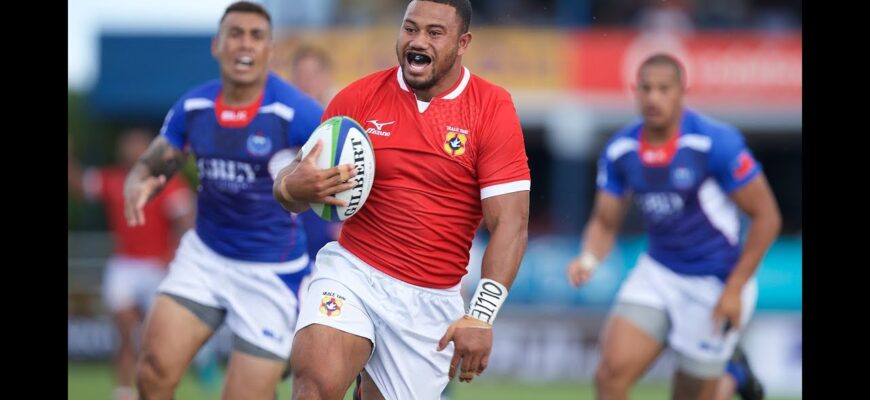News has emerged from the rugby world, carrying a familiar and disheartening tune: the `Ikale Tahi, Tonga`s national rugby team, is reportedly cancelling its scheduled Autumn Tests in Europe. Set to face formidable opponents like Spain and Scotland this November, the decision, if confirmed, stems from an all-too-common adversary: a severe lack of funding. This isn`t just a missed tour; it`s another chapter in the ongoing financial saga plaguing Pacific Island rugby.
Context and the Unfortunate Precedent
The reports, circulating among overseas media, indicate that the Tonga Rugby Union (TRU) has cited insurmountable financial constraints as the reason for this potential withdrawal. While official confirmation is still pending, the implications are stark. For a team like Tonga, these tours are not merely exhibition matches; they are vital opportunities for player development, squad cohesion, and, crucially, revenue generation – often their only significant chance to play against Tier 1 and emerging Tier 2 nations.
This unfortunate situation isn`t an isolated incident. Just this past summer, the Samoan national team faced a similar fate, cancelling their July tests due to insufficient funds. One might be forgiven for thinking that in the supposedly professionalized landscape of modern rugby, such basic operational challenges would be relics of the past. Alas, for some, the professional era feels more like a professional illusion.
The Deeper Problem: A Cycle of Scarcity
The challenges faced by Tonga and Samoa run far deeper than a single missed tour. Pacific Island nations consistently produce some of the most gifted and passionate rugby players in the world. Their contributions to professional leagues in Europe and Super Rugby are undeniable. Yet, their national unions often operate on shoestring budgets, a stark contrast to the multi-million-dollar enterprises of established rugby powers.
This disparity creates a vicious cycle. Limited funding means fewer opportunities for international exposure, less investment in local infrastructure and pathways, and a constant struggle to retain talent. Many Pacific Island players are forced to seek careers abroad, often leading to eligibility debates and further draining resources from their home unions. The irony is palpable: the nations that contribute so much raw talent to the global game often receive so little in return to develop their own.
Impact on Players and the Global Game
For the players, a cancelled tour can be devastating. It means missed opportunities to showcase their skills on the international stage, reduced chances of securing lucrative professional contracts, and the emotional toll of preparing for an event only to have it pulled from under them. Beyond individual careers, the broader health of international rugby is also at stake. A truly global game thrives on diversity and competitiveness. When nations with immense potential are perpetually hampered by financial woes, the sport as a whole suffers. The spectacle of Pacific Island rugby – characterized by its power, flair, and passionate physicality – is a unique and valuable asset that should be protected and nurtured.
A Call for Sustainable Solutions
The recurring nature of these financial crises necessitates a more robust and sustainable solution from the global rugby community. Discussions around more equitable revenue sharing, increased funding directly to struggling unions, and innovative commercial partnerships become critical. World Rugby has made efforts in this regard, but the persistent cancellations suggest that more drastic measures, or perhaps a re-evaluation of current support structures, are required. It`s not merely charity; it`s an investment in the future and integrity of the sport itself.
Conclusion
The news of Tonga`s potential withdrawal from their Autumn Tests is more than just a fixture update; it`s a poignant reminder of the enduring financial fragility that shadows many smaller rugby nations. As the professional game continues to evolve, ensuring that all participants, regardless of their geographical or economic standing, have a fair chance to compete and thrive remains a paramount challenge. Until then, the `Ikale Tahi, like many of their Pacific neighbours, will continue to fight not just their opponents on the field, but an equally formidable foe off it: the relentless pressure of the balance sheet.








